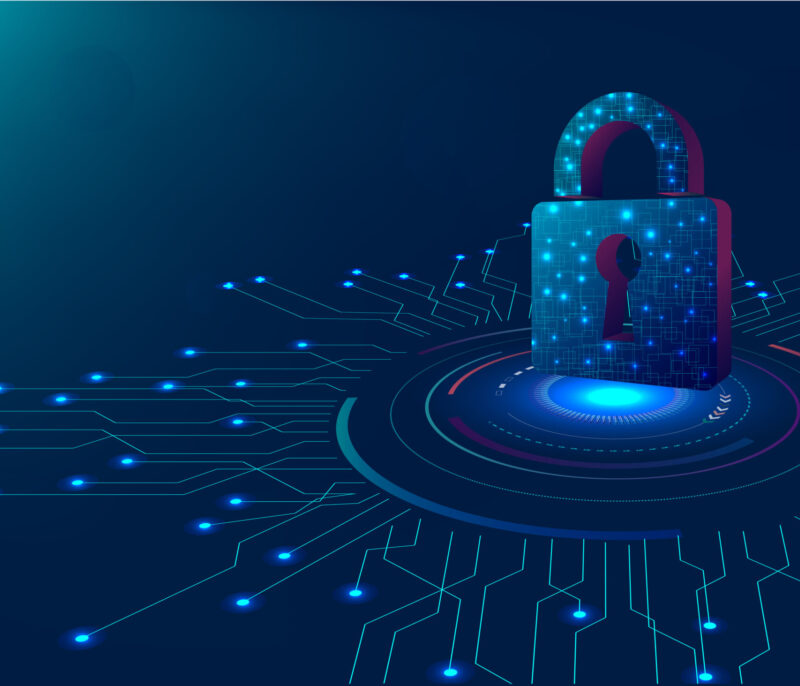Tag
anti-virus
Anti-virus
Definition
Anti-virus is software that is created specifically to help detect, prevent and remove malware (malicious software).
Antivirus is a kind of software used to prevent, scan, detect and delete viruses from a computer. Once installed, most antivirus software runs automatically in the background to provide real-time protection against virus attacks.
Comprehensive virus protection programs help protect your files and hardware from malware such as worms, Trojan horses and spyware, and may also offer additional protection such as customizable firewalls and website blocking.
Common types of cyber threats
As the Internet of Things (IoT) grows, so does the risk of cybercrime for mobile phones and other internet-connected devices, not just your personal computer. According to Symantec’s Internet Security Threat Report 2018, malware for mobile devices including spyware, ransomware and viruses increased 54% in 2017; and data breaches and identity theft are also on the rise.
What is malware?
Malware, short for “malicious software,” is a blanket term that refers to a wide variety of software programs designed to do damage or do other unwanted actions to a computer, server or computer network Common examples include viruses, spyware and trojan horses. Malware can slow down or crash your device or delete files. Criminals often use malware to send spam, obtain personal and financial information and even steal your identity.
What is spyware?
Spyware is a type of malware that attaches itself and hides on a computer’s operating system without your permission to make unwanted changes to your user experience. It can be used to spy on your online activity and may generate unwanted advertisements or make your browser display certain website sites or search results.
What is phishing?
Phishing attacks use email or fraudulent websites to try to trick you into providing personal or financial information to compromise an account or steal money by posing as a trustworthy entity. They may claim there’s a problem with payment information or that they’ve noticed activity on an account and ask you to click on a link or attachment and provide personal information.
Antivirus programs and computer protection software
Antivirus programs and computer protection software are designed to evaluate data such as web pages, files, software and applications to help find and eradicate malware as quickly as possible.
Most provide real-time protection, which can protect your devices from incoming threats; scan your entire computer regularly for known threats and provide automatic updates; and identify, block and delete malicious codes and software.
Because so many activities are now conducted online and new threats emerge continuously, it’s more important than ever to install a protective antivirus program. Fortunately, there are a number of excellent products on the market today to choose from.
How does anti-virus work?
Anti-virus software begins operating by checking your computer programs and files against a database of known types of malware. Since new viruses are constantly created and distributed by hackers, it will also scan computers for the possibility of new or unknown types of malware threats.
Typically, most programs will use three different detection devices: specific detection, which identifies known malware; generic detection, which looks for known parts or types of malware or patterns that are related by a common codebase; and heuristic detection, which scans for unknown viruses by identifying known suspicious file structures. When the program finds a file that contains a virus, it will usually quarantine it and/or mark it for deletion, making it inaccessible and removing the risk to your device.





